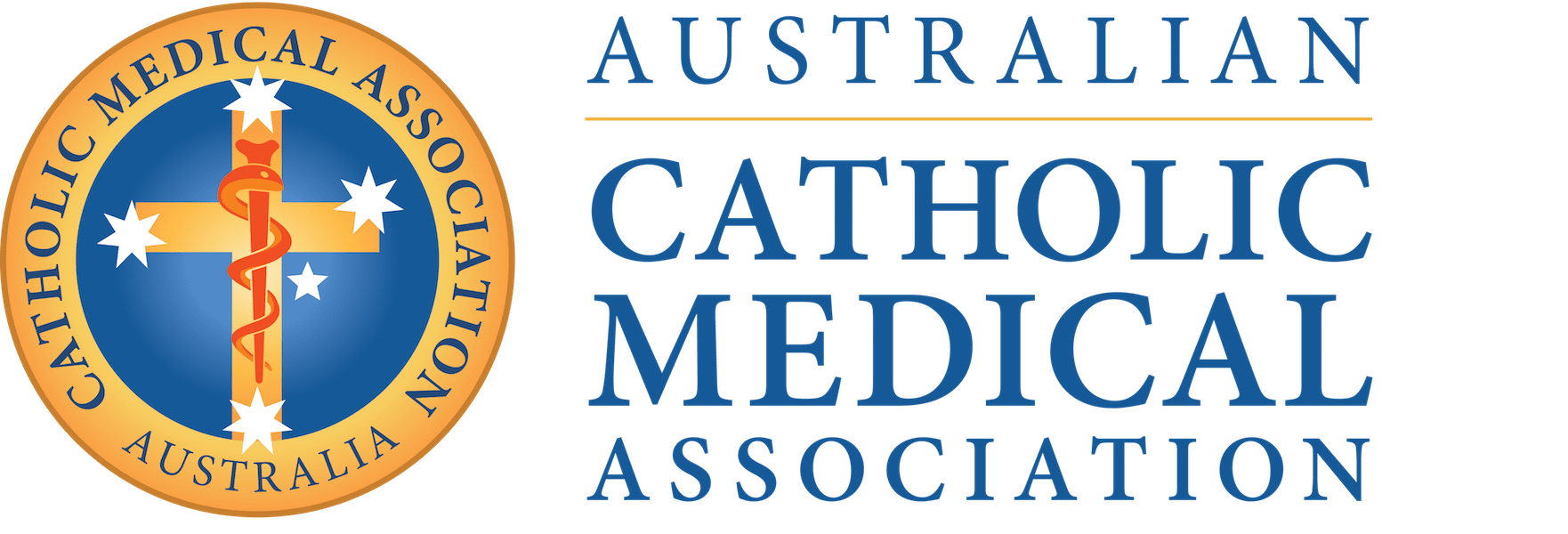House of Lords Debate Signals Likely Defeat of England’s Assisted Suicide Bill
LONDON — Attempts to push through a bill to allow assisted suicide in England and Wales have run up against significant resistance in the upper chamber of the British parliament, with legislators predicting that the bill is now on course to be defeated.
The House of Lords held a record-breaking debate on the Terminally Ill Adults (End of Life) Bill on Sept. 12, with an unusually high number of peers taking part.
An analysis of the speeches, completed by the pro-life advocacy group Right To Life UK, showed that 67% of the peers spoke in opposition to the bill, with 33% speaking in favor. This is in contrast to the House of Commons, which by a narrow margin has already passed its third reading.
Furthermore, as the proposed legislation is not a government bill (called a private member’s bill) and was not part of a manifesto promise at the last general election, the House of Lords has considerably more powers over this bill than others, and is constitutionally entitled to block or heavily amend it.
“The bill is increasingly looking like it will never become law,” Right to Life UK said.
Lord Daniel Moylan said after the debate that it was clear “that a majority of peers are deeply troubled by this bill, either in principle or as to detail.
“The sheer number of peers who have spoken out against it shows the deep unease in the House about the harm this bill will cause to the most vulnerable in our society,” he said. “It is clearly going to be very difficult for the promoters of this legislation to see it through all its stages before the end of the parliamentary session.”
During the debate, Baroness Theresa May, the former British prime minister, spoke out strongly against the bill, saying, “Suicide is wrong, but this bill effectively says suicide is okay. … It should not pass.”
Baroness Tanni Grey-Thompson warned that in Oregon, a model often cited by assisted suicide campaigners in the U.K., the assisted suicide law has kept expanding. A 15-day wait was removed, the residency rules were scrapped, and the “terminal” definition was widened, Right to Life UK reported.
Lord Nick Herbert dismantled arguments for assisted suicide, saying the bill crossed a Rubicon by allowing the state to facilitate suicide. He pointed out that the proposed legislation does not even require someone to be in pain, and asked what would stop others — beyond the terminally ill — from becoming eligible for assisted suicide (“why not the ‘terminally miserable?’” he asked).
Baroness Rosa Monckton, whose daughter Dominique has Down syndrome and is the goddaughter of the late Princess Diana, spoke of strong opposition from a coalition of over 350 disability organizations.
A second Lords debate will take place this coming Friday.
